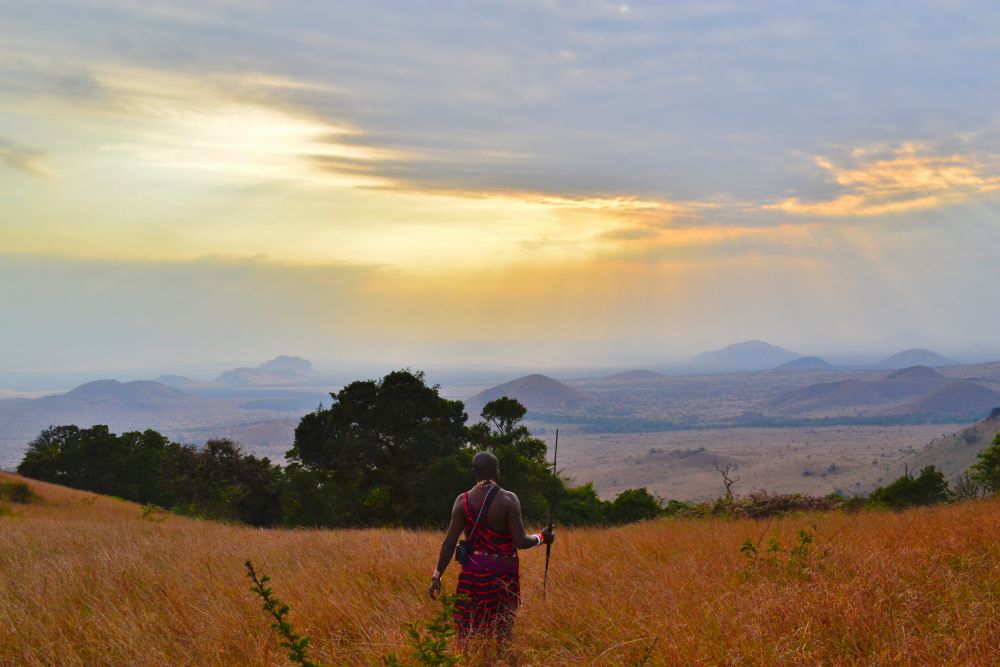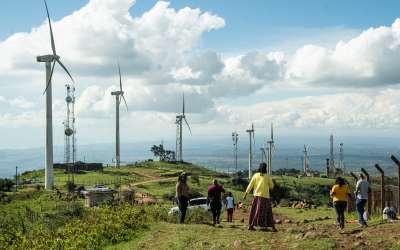New climate-smart technologies will boost agriculture and jobs in West Africa
A new programme is being launched to equip farmers in Africa with climate-smart agricultural tools and technologies.

A new programme is being launched to equip farmers in Africa with climate-smart agricultural tools and technologies.
The project is being rolled out by CORAF, a West African research institute, with the support of the World Bank.
It seeks to place innovative technologies in the hands of farmers to better protect them from the impacts of climate change.
It is hoped that by scaling up the use of new technologies, farmers across the continent can improve productivity, increase climate resiliency, and encourage the younger generation to seek a career in agriculture.
ICT tools and geo-mapping are two such examples that can be used to help crop yields. These provide farmers with added knowledge to improve soil management and growth.
It is thought the scheme, which will be officially launched later this year, will extend across West and Central Africa, from Sierra Leone to Cameroon.
“This program has assigned itself very ambitious targets because West and Central deserve that. Among the beneficiaries, at least 40 percent must be women. The technologies disseminated have to be linked to critical areas such as climate-smart agriculture, nutrition, mechanization, and processing. And it will be judged on the number of permanent and seasonal jobs it creates,” said Dr. Abdou Tenkouano, Executive Director of CORAF.
The project is designed to build on the success of the West Africa Agricultural Productivity Program, which was launched in 2008 with World Bank funding. It has impacted nine million people: increasing annual incomes, boosting crop yields and reducing the prevalence of hunger in West Africa.
However, more needs to be done, particularly to insulate the region from extreme weather events, such as drought and flooding, which are made more common due to climate change.
“Despite the progress made, agricultural productivity in the West and Central Africa sub-region still lags behind the rest of the World,” said Dr. Niéyidouba Lamien, who is the programme’s regional coordinator.
“Focus has to go beyond productivity to address the overall issue of enhancing the food system to address the demand of an increasing population, address youth unemployment, climate change, migration, gender, and nutrition”.
Photo: Sho Hatakeyama


